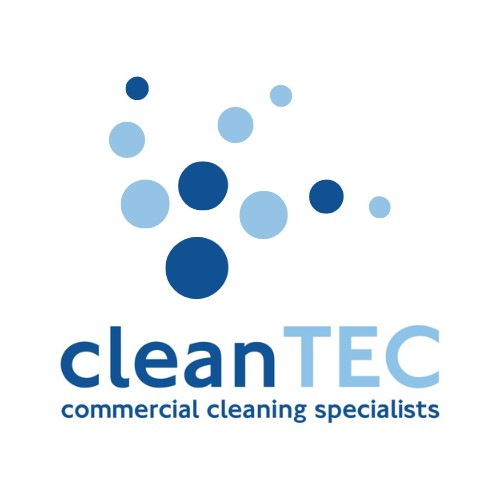

CleanTEC Services Ltd

Hertfordshire, United Kingdom
December 2024
Facilities & cleaning services
Service with Significant Environmental Footprint
United Kingdom
CleanTEC Services Limited are an Employee Owned, Commercial Cleaning Company, with offices in Watford and Oldbury and operating nationwide with a strong presence across London, the South East and the Midlands. CleanTEC was founded in the year 2000 by our hugely experienced directors, Peter Rochford, and Chris Rogers, to address their observation that there existed a need for a cleaning company who cared about their service whilst also valuing their employees and treating them with respect. Since then, CleanTEC has grown steadily year on year to it’s current scale, employing over 2500 employees, and earning a solid reputation for delivering a high quality, reliable service to our customers. Our professional, pro-active approach to management, combined with one of the industry’s highest staff retention rates, has enabled us to see sustainable growth year on year. We are proud to be an Employee Owned Company, being one of a small number of commercial cleaning companies to enjoy this status. We firmly believe our employee partners are key to our ongoing success and have formed an employee council to directly provide feedback on the future direction of CleanTEC.
Overall B Impact Score
Governance 7.4
Governance evaluates a company's overall mission, engagement around its social/environmental impact, ethics, and transparency. This section also evaluates the ability of a company to protect their mission and formally consider stakeholders in decision making through their corporate structure (e.g. benefit corporation) or corporate governing documents.
What is this? A company with an Impact Business Model is intentionally designed to create a specific positive outcome for one of its stakeholders - such as workers, community, environment, or customers.
Workers 46.3
Workers evaluates a company’s contributions to its employees’ financial security, health & safety, wellness, career development, and engagement & satisfaction. In addition, this section recognizes business models designed to benefit workers, such as companies that are at least 40% owned by non-executive employees and those that have workforce development programs to support individuals with barriers to employment.
What is this? A company with an Impact Business Model is intentionally designed to create a specific positive outcome for one of its stakeholders - such as workers, community, environment, or customers.
Community 18.9
Community evaluates a company’s engagement with and impact on the communities in which it operates, hires from, and sources from. Topics include diversity, equity & inclusion, economic impact, civic engagement, charitable giving, and supply chain management. In addition, this section recognizes business models that are designed to address specific community-oriented problems, such as poverty alleviation through fair trade sourcing or distribution via microenterprises, producer cooperative models, locally focused economic development, and formal charitable giving commitments.
Environment 13.2
Environment evaluates a company’s overall environmental management practices as well as its impact on the air, climate, water, land, and biodiversity. This includes the direct impact of a company’s operations and, when applicable its supply chain and distribution channels. This section also recognizes companies with environmentally innovative production processes and those that sell products or services that have a positive environmental impact. Some examples might include products and services that create renewable energy, reduce consumption or waste, conserve land or wildlife, provide less toxic alternatives to the market, or educate people about environmental problems.
Customers 3.9
Customers evaluates a company’s stewardship of its customers through the quality of its products and services, ethical marketing, data privacy and security, and feedback channels. In addition, this section recognizes products or services that are designed to address a particular social problem for or through its customers, such as health or educational products, arts & media products, serving underserved customers/clients, and services that improve the social impact of other businesses or organizations.